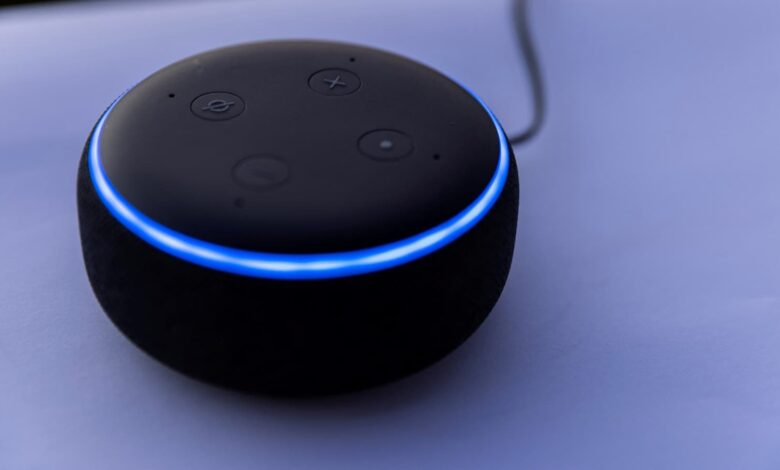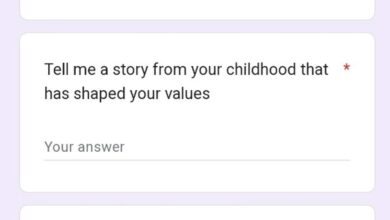64-year-old man controls Amazon’s Alexa with his thoughts, all thanks to brain implant | Trending

Amazon on Monday that a patient suffering from a degenerative disease has successfully managed to operate Alexa, a digital assant through mind control, enabling him to stream shows and manipulate devices using only his thoughts. Amazon’s DOT Alexa device is shown in this picture illustration.(REUTERS) The 64-year-old man was able to mentally “tap” symbols on an Amazon Fire tablet thanks to an implant in a blood artery in his brain, according to brain-computer interface manufacturer Synchron. According to the New York-based company, the patient, who has amyotrophic lateral sclerosis (ALS), was able to use his mind to tell Alexa to make video calls, play music, stream shows, manage smart home devices like lighting, shop online, and read books. ALS is a degenerative nerve disease that leads to muscle weakness and paralysis. “To be able to manage important aspects of my environment and control access to entertainment gives me back the independence that I’m losing,” the patient, named only as Mark, said in a release. (Also Read: ‘Did ChatGPT just message first?’: Redditor shares viral AI conversation surprise) The test was intended to show how customers could use just their minds to control smart homes with Alexa-compatible devices such as door cameras, plugs, and thermostats, according to the company. “While many smart home systems rely on voice or touch, we are sending control signals directly from the brain,” Synchron founder and chief executive Tom Oxley said in the release. “Patients can interact with devices in their home hands and voice-free, using only their thoughts.” Several companies, including Elon Musk’s Neuralink, are working on connecting brains with computers. (Also Read: AI dating no longer a far-fetched reality, thanks to this Japanese startup. All you need to know) Neuralink in January installed a brain implant in a man paralyzed after a diving accident. Musk, who also owns Tesla and X, touted the implant as a success. In July he said his startup is “moving on” to a second test patient as its tech improves.







